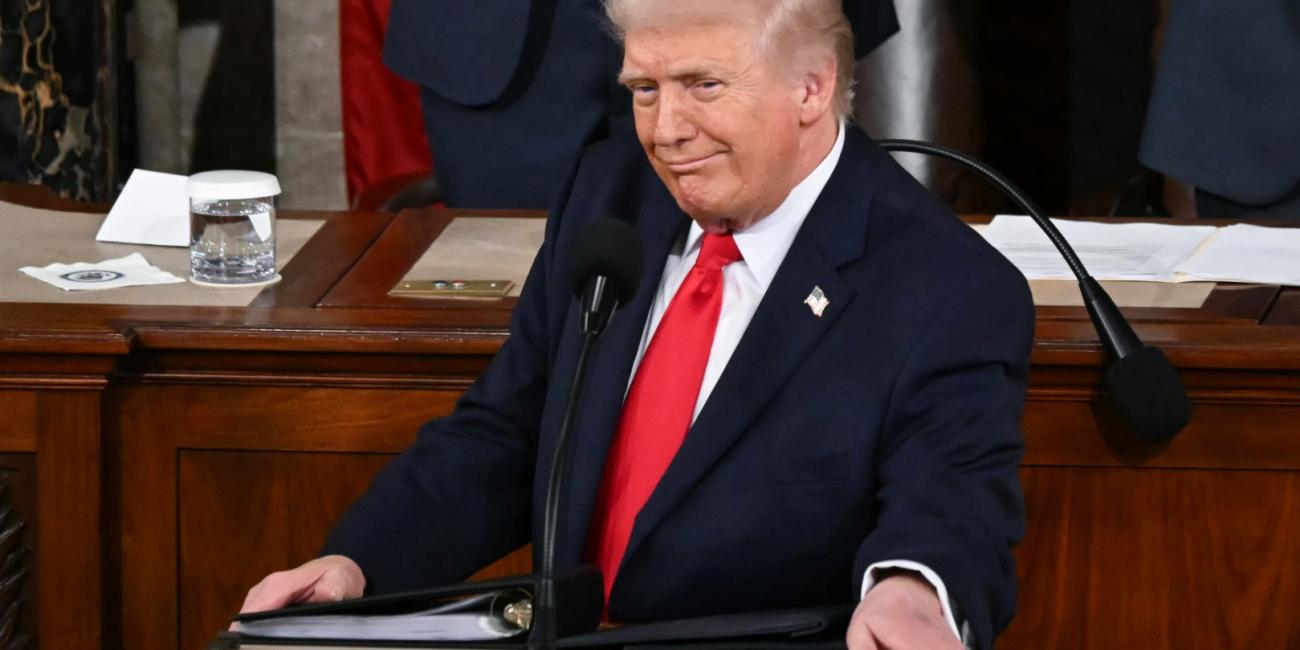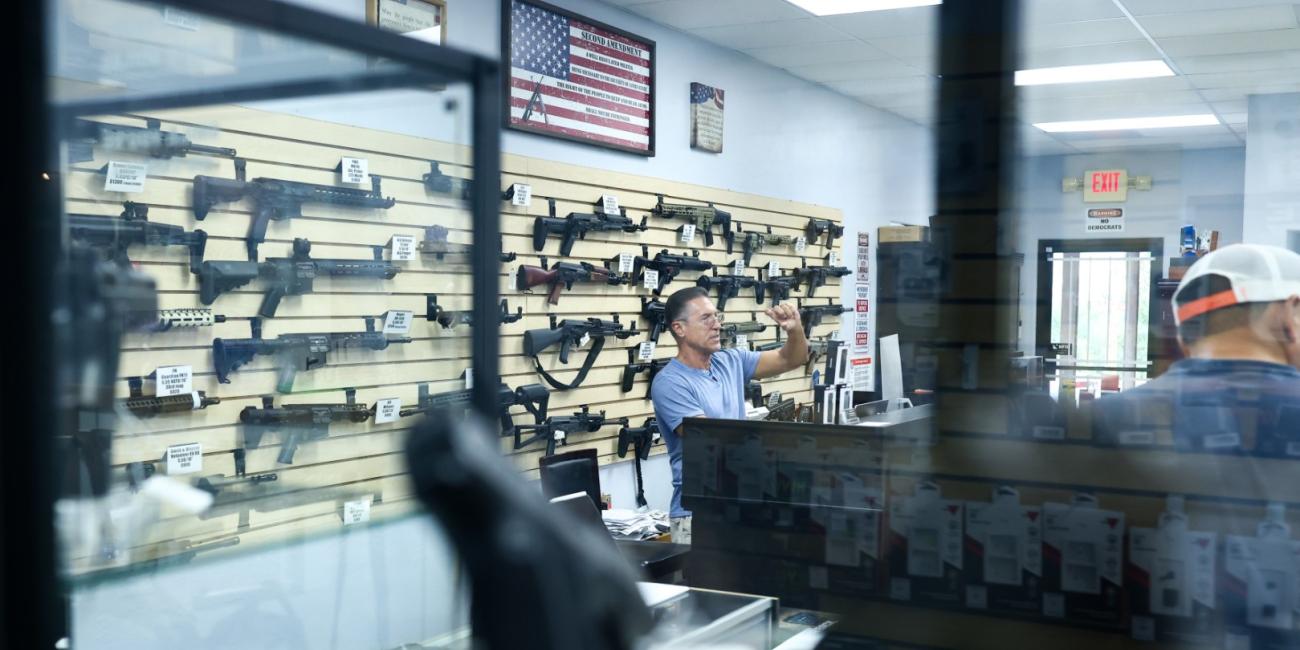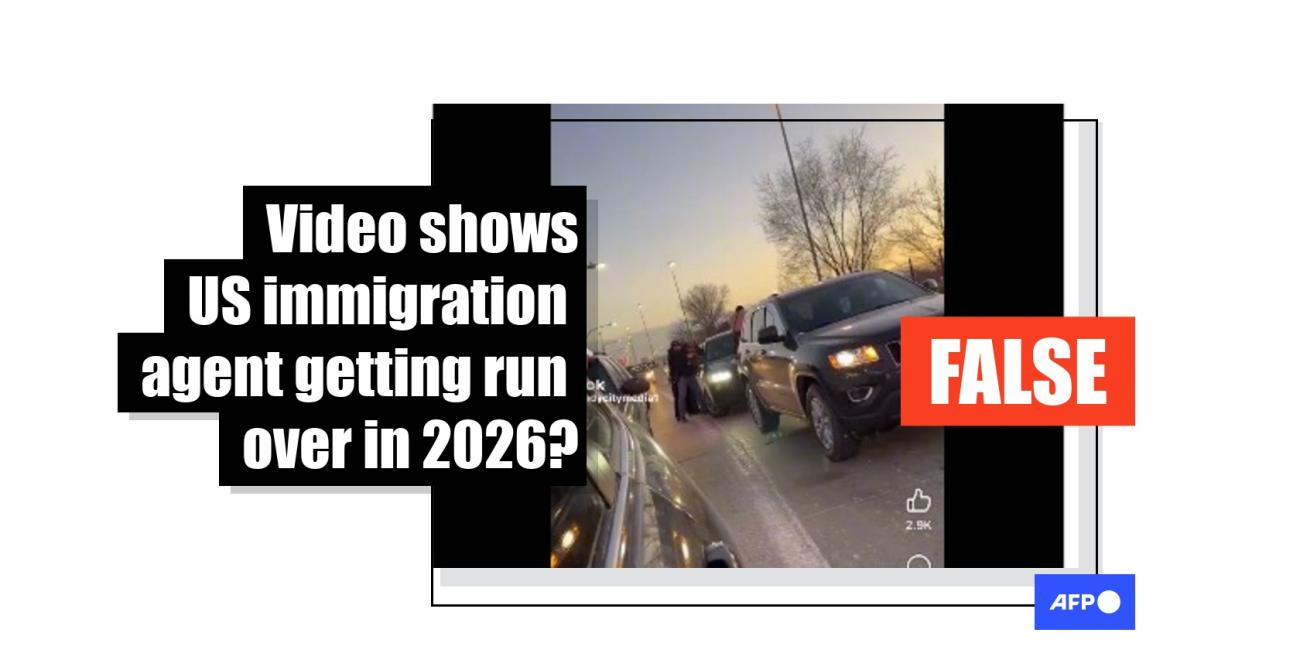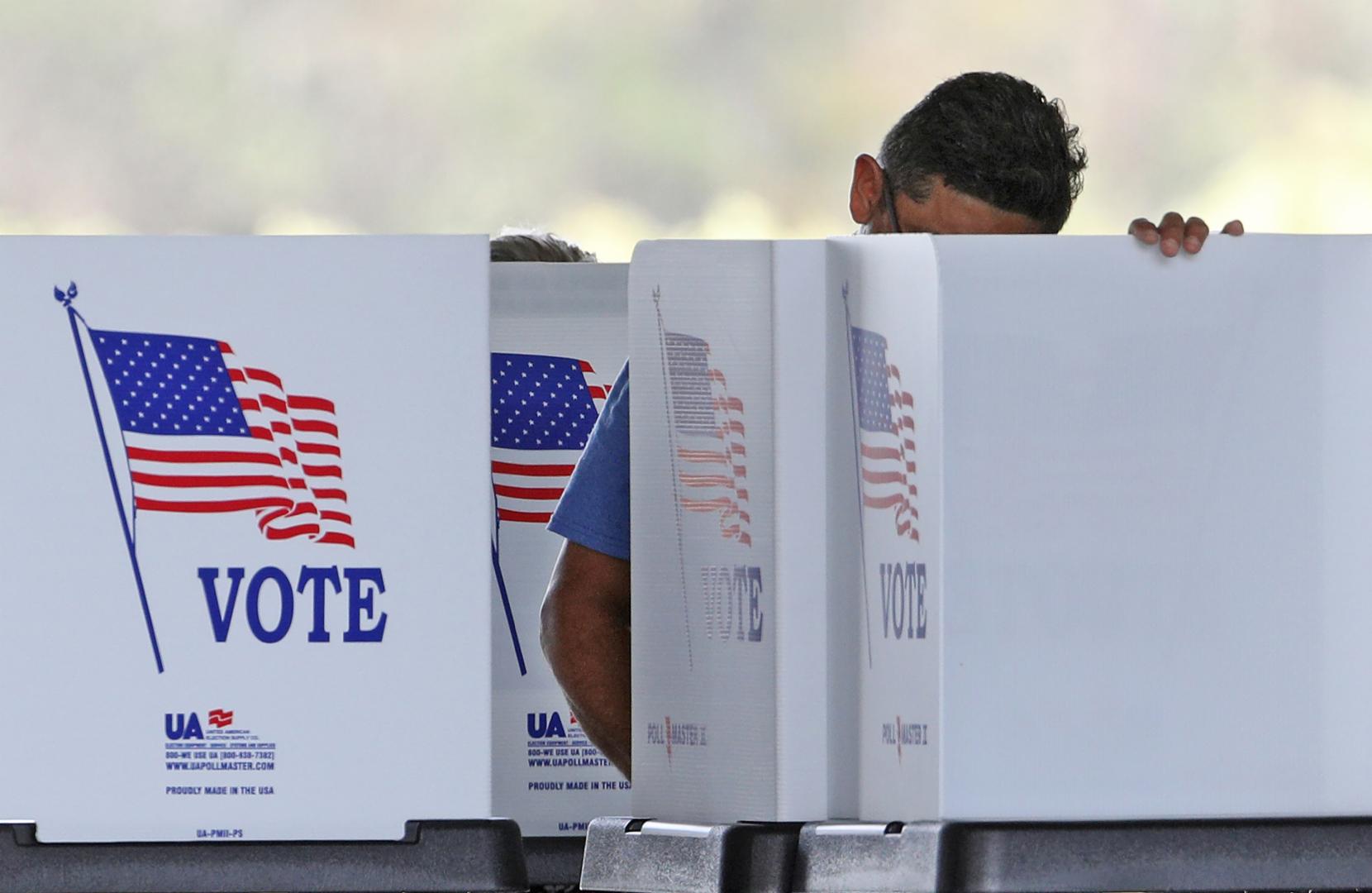
Posts mislead on Florida voting restrictions
- This article is more than three years old.
- Published on November 15, 2022 at 23:29
- 3 min read
- By Manon JACOB, AFP USA
"Imagine if every state followed what Florida did to ensure an honest election," says a November 9, 2022 Facebook post from David Harris Jr, a conservative influencer.
The post shares an image of preliminary results for Florida's gubernatorial race between incumbent DeSantis and Democratic rival Charlie Crist.
Text over the image adds: "Florida banned mass mail-in ballots, banned ballot harvesting, requires voter ID, and Gov. DeSantis created an election police force ... Paying attention yet??"
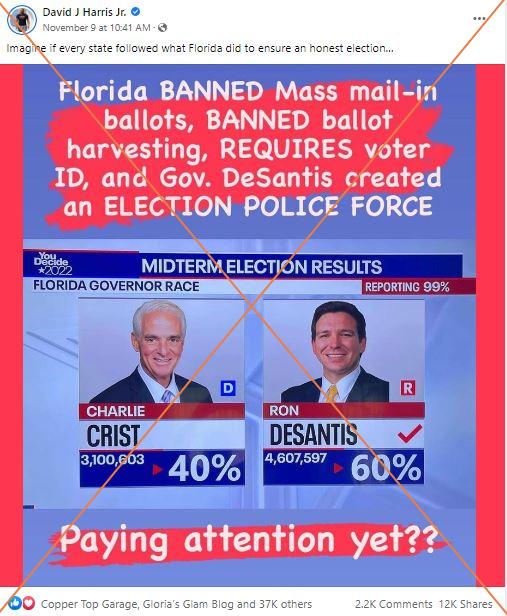
The claim appeared elsewhere on Facebook, Instagram and Twitter, circulating the same day DeSantis clinched the governor's race.
While Florida lawmakers described the 2020 presidential election as "well-run," the state also implemented new measures that critics called "voter suppression."
In late April 2021, the Florida legislature passed Senate Bill 90 (SB 90), which went into effect in May of that year. The measure placed limitations on ballot drop boxes and tightened requirements for those requesting to vote by mail.
In April 2022, DeSantis also signed Senate Bill 524 (SB 524), which created the Office of Election Crimes and Security. The governor said the new office would investigate election law "violations" and "irregularities."
These measures have been the subject of lawsuits by advocacy groups that say the new laws mostly affect young people and people of color, potentially making it more difficult for them to vote.
Florida's new laws did restrict ballot collection and voting by mail, but both activities are still allowed statewide. And despite the posts' suggestion that the measures averted fraud, there is no evidence of widespread irregularities in midterm contests in other US states.
AFP examined the changes mentioned in the social media posts, which applied to all Florida counties except three affected by Hurricane Ian in September.
'Mass mail-in ballots'
Floridians can vote by mail upon request, according to the state's Division of Elections. Absentee ballots are not automatically sent to all active registered voters, as they are in states such as California.
"Only the voter or a designated member of his or her immediate family or legal guardian can request a vote-by-mail ballot for the voter," the Florida Supervisors of Elections, a professional membership organization, says on its website.
What has changed since 2020 is that, instead of requesting to vote by mail every other general election -- for a duration of four years -- Floridians must now request absentee ballots for every contest.
That is different from many other states, which allow people with disabilities, for example, "to register and vote absentee on a permanent basis," said Scot Schraufnagel, a political science professor at Northern Illinois University.
'Ballot harvesting'
Florida's new laws also take aim at "ballot harvesting," a pejorative term that refers to returning ballots for other voters.
SB 90 makes it illegal for third-party groups, such as churches and non-profit organizations, to collect and return completed mail-in ballots from voters in their community.
The law also limits the number of absentee ballots someone can return to two -- not counting a voter's own ballot and those from family members.
'Voter ID'
Florida has long required identification to vote in person.
"That was not new to this year," said Reid Magney, communications director at Vote Riders, a non-partisan voter advocacy group.
The requirement "encompasses a wide variety of forms of identification pursuant to" Florida law, added Janet Williams, an executive assistant at Brewton Plante PA, a law firm in Tallahassee.
Floridians who wish to vote by mail must provide the number on their state-issued ID or the last four digits of their Social Security number. Written requests for absentee ballots must also contain a signature, which is compared to the one in the voter's registration record.
Additionally, SB 90 requires Floridians who registered to vote before 2006 to provide proof of identification when updating their registrations or requesting mail-in ballots.
No evidence of fraud in midterms
The social media posts make it seem as if Florida was an exception in averting election irregularities, but officials say there is no indication wrongdoing affected other midterm races around the country.
"We have seen no evidence that any voting system deleted or lost votes, changed votes, or was any way compromised in any race in the country," said Jen Easterly, director of the federal Cybersecurity and Infrastructure Security Agency (CISA), in a November 9 statement.
Other states have numerous safeguards in place to prevent mail-in ballot fraud. Such malfeasance is rare; of the more than 65 million absentee ballots cast in 2020, there have been only a handful of criminal convictions.
AFP has fact-checked other misinformation about the midterm elections here.
Copyright © AFP 2017-2026. Any commercial use of this content requires a subscription. Click here to find out more.
Is there content that you would like AFP to fact-check? Get in touch.
Contact us
